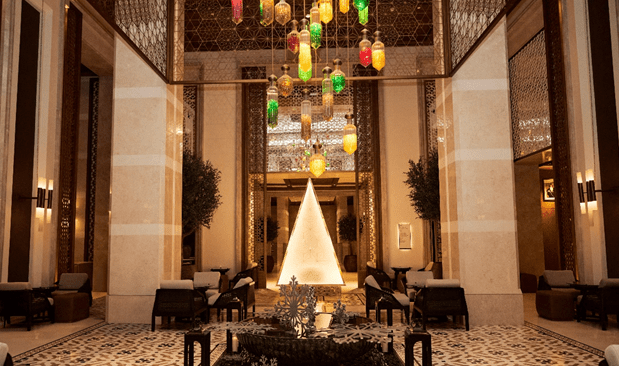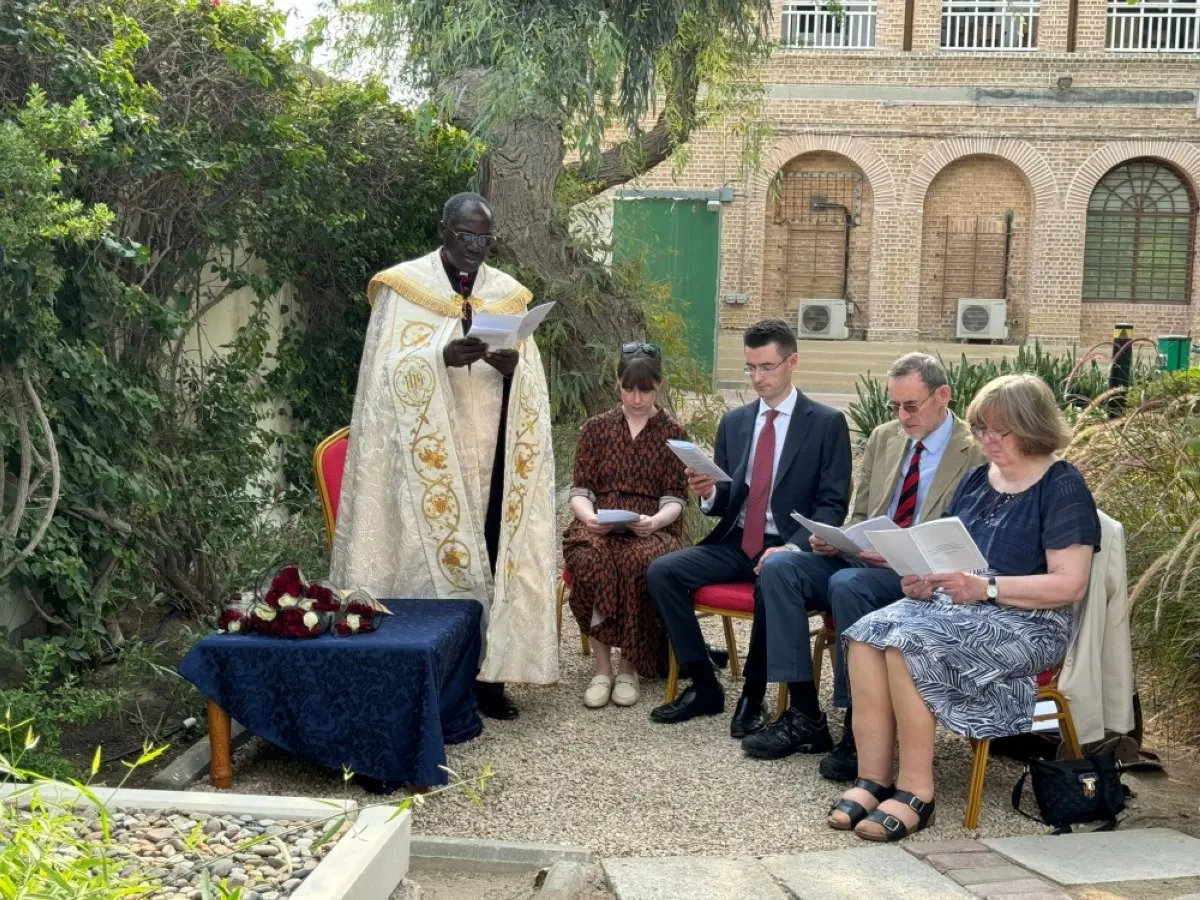DEWA supports Net-Zero by 2050 through pioneering projects and initiatives

The UAE has become an international pioneer in developing a clean and renewable energy sector. It has developed many techniques and practices to enhance the efficiency of the energy sector while preserving national resources and finding alternative solutions to conventional energy. This supports the sustainable development of the country. The UAE Energy Strategy 2050 was launched in 2017 as the first unified energy strategy in the country that is based on balancing supply and demand with environmental obligations and creating a conducive economic environment for growth. The strategy keeps pace with the recent dynamic changes in the energy sector, the maturity of emerging low-emission energy technologies, and the country’s commitment to the objectives of the Paris Agreement. The UAE is taking the lead in climate action by launching ambitious projects to produce environmentally friendly energy. The UAE aims to reach three times the installed capacity of renewable energy in 2030 compared to 2022. This makes it one of the first countries in the world to respond to the COP28 call of doubling the production capacity of solar energy, providing 100% of the energy production capacity from clean energy sources by 2050.
Dubai Clean Energy Strategy 2050
When launched, the Dubai Clean Energy Strategy 2050 aimed to diversify energy sources in the Emirate. Dubai is the only city in the region to have launched such a promising strategy, with set goals and timelines that map the future of energy until 2050. The strategy has evolved and currently targets to provide 100% of the energy production capacity from clean energy sources by 2050. In line with its commitment to keeping pace with the government plans and strategies that aim to achieve net-zero by 2050 and the UAE’s efforts to promote circular economy, DEWA updated its strategic plan, adding ‘achieving net-zero by 2050’ to its vision. DEWA’s new vision is “A globally leading sustainable innovative corporation committed to achieving net-zero by 2050.” DEWA also updated its mission to become “We are committed and aligned to Dubai’s 8 Guiding Principles and 50-Year Charter supporting the UAE’s directions through the delivery of global leading services and innovative energy and potable water solutions enriching lives and ensuring the happiness of our stakeholders, for a sustainable Net-Zero carbon 2050.”
Steps and projects that support the renewable energy transition and achieving the goals of the Dubai Clean Energy Strategy 2050
To achieve the goals of the Dubai Clean Energy Strategy, DEWA has, for many years, stopped launching new projects to produce energy using fossil fuels. DEWA also restricts its new water desalination projects to the more efficient reverse osmosis technology using clean energy.
DEWA has also improved fuel consumption efficiency in production units to about 90%, which is one of the best levels globally.
The Mohammed bin Rashid Al Maktoum Solar Park
The Mohammed bin Rashid Al Maktoum Solar Park that DEWA is implementing is the largest single-site solar park in the world, based on the Independent Power Producer (IPP) model, with a planned production capacity of 5,000W by 2030 and total investments of AED 50 billion. The solar park’s current production capacity has reached 2,627MW.
DEWA has also launched several promising projects being implemented at the Mohammed bin Rashid Al Maktoum Solar Park. These include the Green Hydrogen project that DEWA has implemented. It is the first project of its kind in the MENA region to produce hydrogen using solar power. The pilot project has been designed and built to accommodate future applications and test platforms for various uses of hydrogen, including energy production and transportation. The production of green hydrogen is mainly carried out through electrolysis using renewable energy sources. In 2023, DEWA received the Hydrogen Project of the Year Award for its green hydrogen project at the Mohammed bin Rashid Al Maktoum Solar Park. DEWA is also building a pumped-storage hydroelectric power plant in Hatta, which is first of its kind in the GCC, with investments of up to AED 1.421 billion. The project will have a production capacity of 250 MW, a storage capacity of 1,500 megawatt-hours, and a life span of 80 years. This system boasts high efficiency in power generation and storage, reaching up to 78.9%, with a rapid 90-second response to electricity demand.
Green Hydrogen plant
• DEWA has implemented a pilot green hydrogen plant to produce hydrogen using solar power, as a new clean energy source for the future.
• The plant produces about 400 kilograms of green hydrogen per day.
• The plant uses hydrogen through a combined heat and power unit of about 300 kilowatts of electrical energy.
Pumped-storage hydroelectric power plant in Hatta
• DEWA is implementing a 250MW pumped-storage hydroelectric power plant in Hatta. It is the first of its kind in the GCC region, with a rapid 90-second response to electricity demand and a life span of 80 years.
• The project is planned for completion in Q1 of 2025.
0 seconds of 0 secondsVolume 0%
Utilising advanced technologies
Role of R&D and innovation
• DEWA established the Innovation Centre and the Research and Development (R&D) Centre at the Mohammed bin Rashid Al Maktoum Solar Park to conduct applied research and find innovative, clean, and efficient energy solutions using the disruptive technologies of the Fourth Industrial Revolution.
• Since its inception, the R&D Centre has published 170 research papers at international scientific conferences and peer-reviewed journals and publications. So far, the Centre has applied for 27 patents and has been granted 6 patents.
Improving photovoltaic energy efficiency
By utilising advanced solar energy technologies, DEWA was able to double the efficiency of PV power stations, from 11.1% in 2013 to around 24% currently.
Reducing the use of land
By utilising the latest solar energy technologies, DEWA was able to reduce the land area by 50% to produce the same capacity.
Shams Dubai initiative
DEWA’s efforts support diversifying the energy mix by promoting the use of clean and renewable energy sources for a sustainable future in the Emirate. DEWA launched the Shams Dubai initiative to connect solar energy in buildings, a part of the Distributed Renewable Resources Generation programme. The initiative strengthens Dubai’s position among environmentally friendly cities using PV panels to produce electricity. By the end of 2023, the total installed capacity of the initiative reached more than 620MW. Moreover, the initiative supports the Dubai 2040 Urban Master Plan to elevate the quality of life. The use of solar panels reduces air pollution and greenhouse gas emissions because they do not require fuel to produce electricity. The benefits also include creating job opportunities in the field of solar energy in the UAE.
Supporting green mobility by enhancing the EV infrastructure
Through the EV Green Charger Initiative launched in 2014, DEWA has played an active role in supporting green mobility. This initiative led to the creation of the region’s first public charging infrastructure for electric vehicles. DEWA has deployed more than 390 EV Green Charging Stations across Dubai, equivalent to over 700 charging points, as many of the chargers can charge two vehicles at the same time. By 2025, the number of green chargers will increase to 1,000 stations, as part of DEWA’s plans to keep pace with the growth in the use of electric vehicles.


